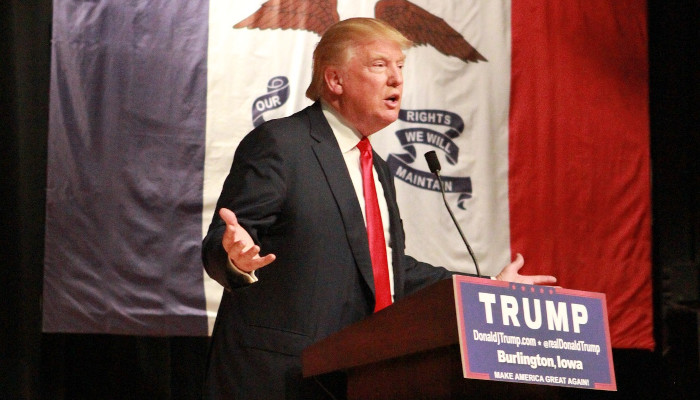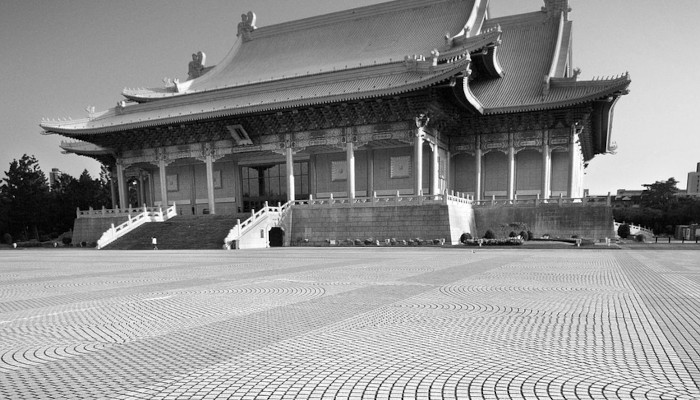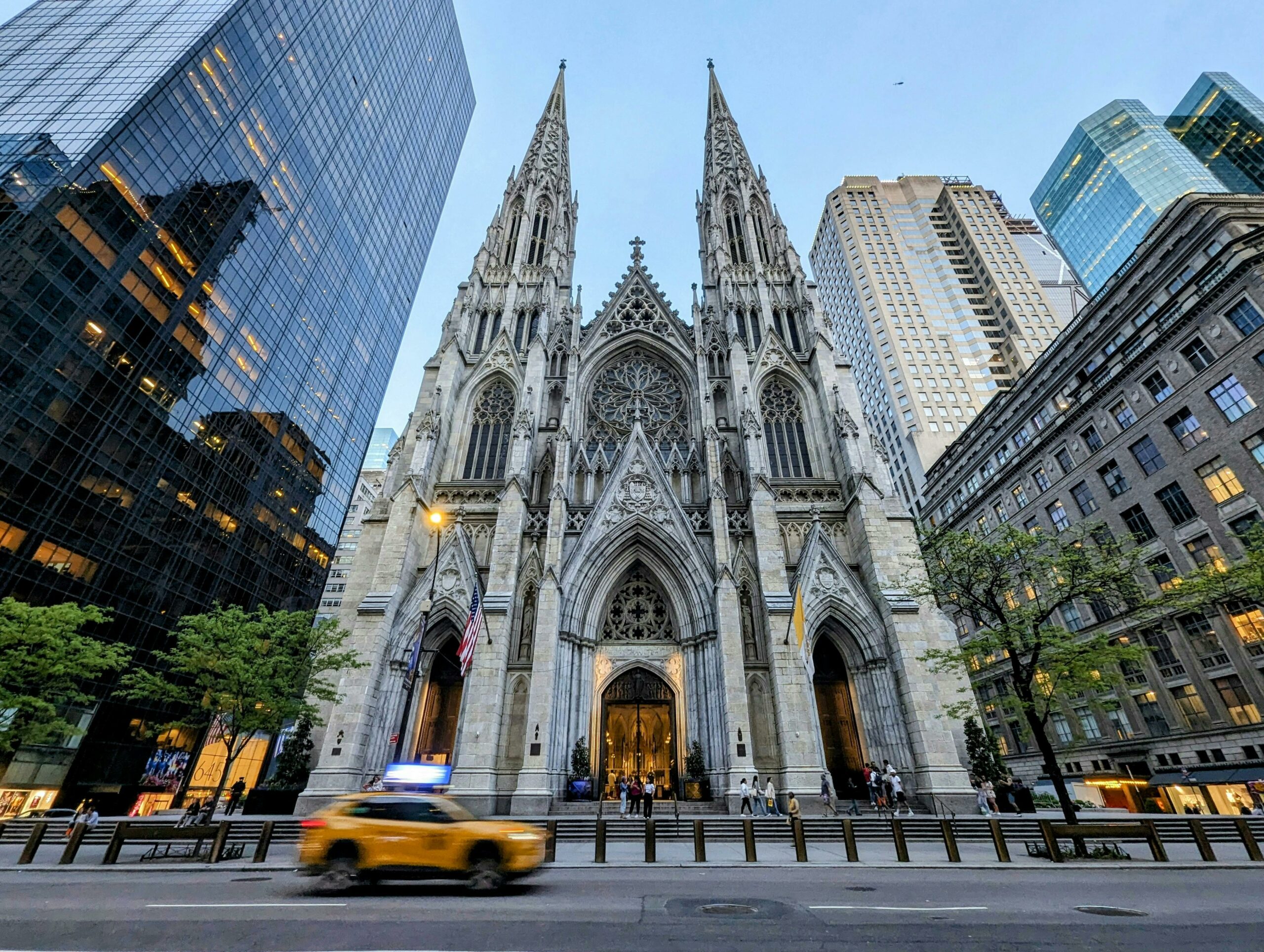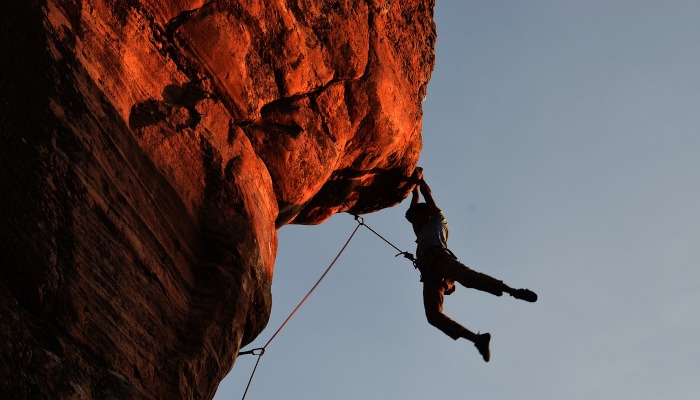
Former U.S. president Donald Trump’s call on his supporters to rise in protest against his reportedly impending indictment breaks the first principle in a democratic state: trust in its institutions. A trial can be right or wrong in thousands of ways, but it’s a different ballgame if you don’t accept it.
In this way, he says in effect: due process does not apply to me. By so stating, he puts himself outside of the law. Thus, he declares himself an outlaw and he should be treated accordingly. Or American law and democracy will be forfeited.
In the 1990s, Italian top political leaders came before judges on corruption charges. Nonetheless, they former prime minister Giulio Andreotti submitted himself to trial, while former prime minister Bettino Craxi fled the country. Neither called on the masses to oppose the courts and the legal system. In France, former President Chirac was convicted on corruption charges and the court imposed a suspended sentence of two years in prison. More recently former President Sarkozy was found guilty of illegal campaign financing, influence peddling and attempted bribery. He is appealing the court’s verdicts. Trump could endure his trials or even flee as Craxi did, but calling for protests — that could easily turn into riots — is very different.
It is the second time Trump has called on people’s protests against the due process of democracy. The first time was when he encouraged the January 6, 2021 assault on the Congress by protesters aiming to disrupt the constitutional transfer of power to President Biden.
Trump’s weekend call by tweet for new protests proves that the January 6 episode was no isolated incident but part of his anti-democratic mindset and pattern.
This goes beyond mere domestic politics and becomes an issue of national security. The competition with Russia and other autocratic states is about power and principles – whether a country should be governed under the rule of law or by the unchallenged control of one man. If one destabilizes and subverts core democratic principles, one simultaneously undercuts the nation’s international reputation and competition for influence with authoritarian states.
Visible flaunting of democratic norms and legal obligations will not serve the U.S. well in its efforts to find a peaceful modus vivendi with China. After all, the U.S. has framed its competition with China and pitched its appeal to other Asian nations in terms of democratic principles versus authoritarian governance. Trump’s scoffing at the rule of law cannot help the U.S. image or its competitive standing vis-à-vis China.
People around the world will ask why the U.S. system — and rule by a person like Trump — is superior to the system in Russia and rule by an autocrat like Putin.
If principles — represented in this instance by democratic values — are removed from the equation, international competition is reduced to a naked, cynical game of power. In such a case, various countries will choose to side with the U.S. or with China only merely on their relative strength, which could soon turn in China’s favor. Under such circumstances, the U.S. might find itself obliged to acquiesce in China’s dominance or fight, but there would be little room for mutual understanding or accommodation.
The fact that Trump still apparently enjoys vast support in America is a sign of deep American malaise. Can it become a societal crisis tearing the country apart and handing global leadership to China or Russia?
Chinese fans of the “declinist” view of the U.S. are apt to point knowingly at the coincidence of timing. As Trump called on his supporters to protest against his looming indictment, Putin will be receiving Xi Jinping in the Kremlin. Trump’s actions offer a conversational topic for Putin and Xi, who of course weigh constantly America’s strengths and vulnerabilities. Trump objectively shows them that America is split and thus vulnerable, and could prompt actions they would otherwise not be so ready to take.









